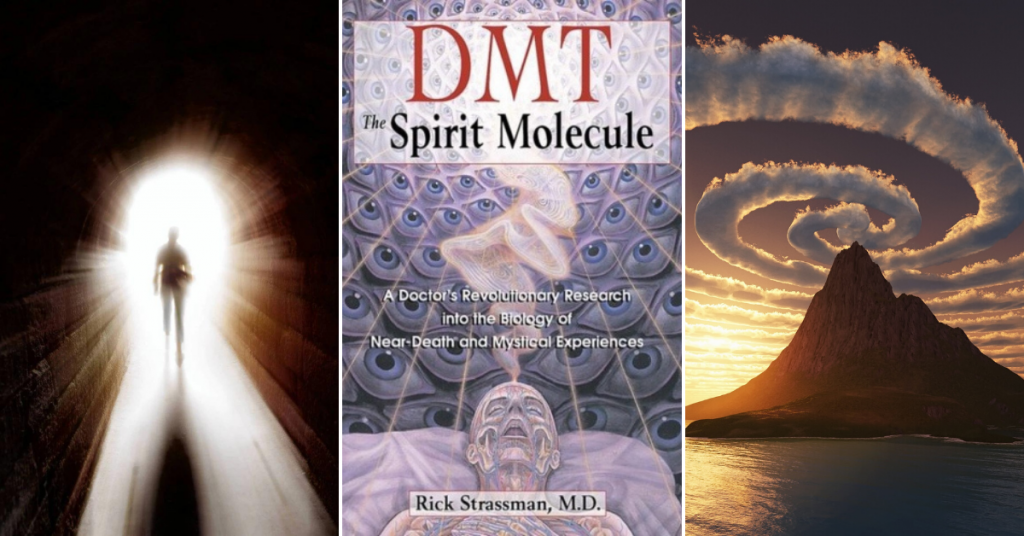Mystical-type experiences occasioned by psilocybin mediate the attribution of personal meaning and spiritual significance 14 months later
Abstract
Psilocybin has been used for centuries for religious purposes; however, little is known scientifically about its long-term effects. We previously reported the effects of a double-blind study evaluating the psychological effects of a high psilocybin dose. This report presents the 14-month follow-up and examines the relationship of the follow-up results to data obtained at screening and on drug session days. Participants were 36 hallucinogen-naïve adults reporting regular participation in religious/spiritual activities. Oral psilocybin (30 mg/70 kg) was administered on one of two or three sessions, with methylphenidate (40 mg/70 kg) administered on the other session(s). During sessions, volunteers were encouraged to close their eyes and direct their attention inward. At the 14-month follow-up, 58% and 67%, respectively, of volunteers rated the psilocybin-occasioned experience as being among the five most personally meaningful and among the five most spiritually significant experiences of their lives; 64% indicated that the experience increased well-being or life satisfaction; 58% met criteria for having had a ‘complete’ mystical experience. Correlation and regression analyses indicated a central role ofthe mystical experience assessed on the session day in the high ratings of personal meaning and spiritual significance at follow-up. Of the measures of personality, affect, quality of life and spirituality assessed across the study, only a scale measuring mystical experience showed a difference from screening. When administered under supportive conditions, psilocybin occasioned experiences similar to spontaneously occurring mystical experiences that, at 14-month follow-up, were considered by volunteers to be among the most personally meaningful and spiritually significant of their lives.
Griffiths, R. R., Richards, W. A., Johnson, M. W., McCann U. D., & Jesse, R. (2008). Mystical-type experiences occasioned by psilocybin mediate the attribution of personal meaning and spiritual significance 14 months later. Journal of Psychopharmacology, 22(6), 621-632.22: 621-632; http://dx.doi.org/10.1177/0269881108094300
Link to full text


 From 1990 to 1995 Dr. Rick Strassman conducted U.S. Government-approved and funded clinical research at the University of New Mexico in which he injected sixty volunteers with DMT, one of the most powerful psychedelics known. His detailed account of those sessions is an extraordinarily riveting inquiry into the nature of the human mind and the therapeutic potential of psychedelics. DMT, a plant-derived chemical found in the psychedelic Amazon brew, ayahuasca, is also manufactured by the human brain. In Strassman’s volunteers, it consistently produced near-death and mystical experiences. Many reported convincing encounters with intelligent nonhuman presences, aliens, angels, and spirits. Nearly all felt that the sessions were among the most profound experiences of their lives.
From 1990 to 1995 Dr. Rick Strassman conducted U.S. Government-approved and funded clinical research at the University of New Mexico in which he injected sixty volunteers with DMT, one of the most powerful psychedelics known. His detailed account of those sessions is an extraordinarily riveting inquiry into the nature of the human mind and the therapeutic potential of psychedelics. DMT, a plant-derived chemical found in the psychedelic Amazon brew, ayahuasca, is also manufactured by the human brain. In Strassman’s volunteers, it consistently produced near-death and mystical experiences. Many reported convincing encounters with intelligent nonhuman presences, aliens, angels, and spirits. Nearly all felt that the sessions were among the most profound experiences of their lives.